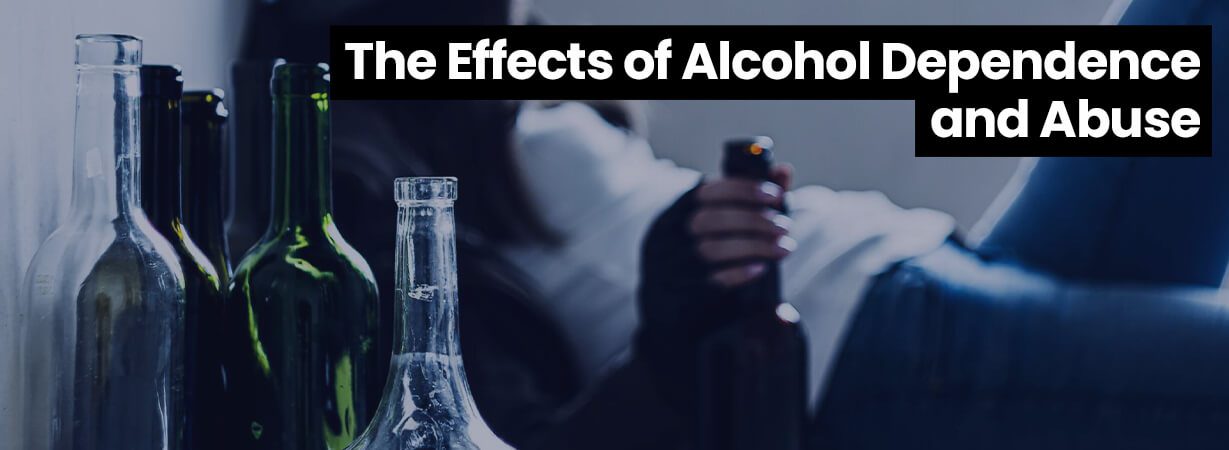
Alcohol use, alcohol addiction, and alcoholism are topics that have been widely discussed and debated in the field of public health.
The effects of alcohol consumption on overall health and well-being have long been a subject of interest, with conflicting viewpoints and studies providing different conclusions. A recent meta-analysis published in JAMA Network Open sheds new light on this topic and challenges some commonly held beliefs.
The study, which analyzed data from numerous prior studies, found that low or moderate alcohol intake does not significantly impact all-cause mortality. This finding suggests that individuals who consume alcohol in moderation may not be at a higher risk of death compared to those who abstain from alcohol altogether.
This may come as a surprise to many, as moderate alcohol consumption has often been associated with certain health benefits, such as a reduced risk of heart disease. The study also found that high levels of alcohol intake are linked to increased risks, particularly for women.
Excessive alcohol consumption has long been known to be a risk factor for a range of health problems. Liver cirrhosis, cardiovascular diseases, and certain types of cancer, including breast cancer, are among the conditions associated with heavy drinking.

Women, in particular, may be more vulnerable to the adverse effects of high alcohol consumption due to biological factors. The study found that women who consumed alcohol at high levels had a significantly higher risk of developing these health problems compared to men.
These findings have important implications for healthcare professionals and individuals alike. It is crucial for healthcare professionals to educate women about the risks associated with high alcohol consumption and encourage healthier drinking habits.
Women need to be aware that excessive alcohol intake can have serious consequences for their health and well-being. By providing accurate information and support, healthcare professionals can help women make informed decisions about their alcohol consumption.
For individuals, the study emphasizes the importance of moderation in alcohol consumption. While low or moderate alcohol intake may not have significant negative effects on overall mortality, excessive drinking can have severe consequences.
It is essential to recognize and understand the risks associated with heavy alcohol consumption and to make informed choices about drinking habits. This is especially true for women, who may be more susceptible to the adverse effects of alcohol.
In addition to the physical health risks, alcohol addiction and alcoholism are significant concerns that can have a profound impact on individuals and their loved ones.
Alcohol addiction is characterized by a compulsive need to consume alcohol, despite negative consequences. It can lead to a range of problems, including relationship issues, job loss, financial difficulties, and mental health issues.
Alcoholism, a severe form of alcohol addiction, is a chronic disease that requires professional treatment. It is important to recognize the signs and symptoms of alcohol addiction and seek help if needed.
Treatment options for alcohol addiction include counseling, support groups, and medication-assisted therapy. It is crucial for individuals struggling with alcohol addiction to reach out for support and to access the resources available to help them overcome their addiction.
In conclusion, the recent meta-analysis challenging the idea that moderate alcohol intake has health benefits highlights the importance of moderation in alcohol consumption. While low or moderate alcohol intake may not significantly impact all-cause mortality, high levels of alcohol intake, especially for women, are associated with increased health risks.
Excessive alcohol consumption is a known risk factor for a range of health problems, including liver cirrhosis, cardiovascular diseases, and certain types of cancer. Healthcare professionals play a vital role in educating women about the risks and encouraging healthier drinking habits.
For individuals, understanding the risks associated with heavy alcohol consumption and seeking help for alcohol addiction or alcoholism is crucial for long-term health and well-being.





